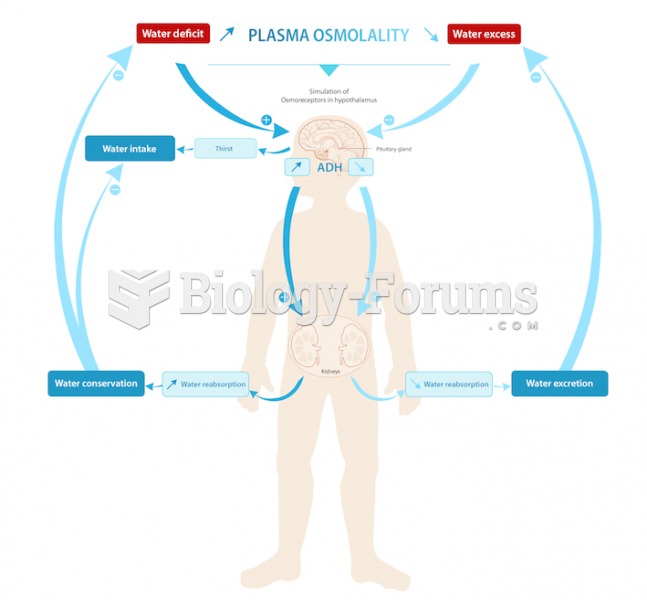Answer to Question 1
Correct Answer: 2
Rationale 1: Distribution results in greater hemodilution of plasma proteins and drugs.
Rationale 2: Metabolism is the least affected by pregnancy.
Rationale 3: Excretion is enhanced by increases in renal plasma flow, glomerular filtration rate, creatinine clearance, and renal tubular reabsorption.
Rationale 4: Absorption is delayed related to changes in the gastrointestinal tract during pregnancy.
Global Rationale: Metabolism is the least affected by pregnancy. Distribution results in greater hemodilution of plasma proteins and drugs. Excretion is enhanced by increases in renal plasma flow, glomerular filtration rate, creatinine clearance, and renal tubular reabsorption. Absorption is delayed related to changes in the gastrointestinal tract during pregnancy.
Answer to Question 2
Correct Answer: 2
Rationale 1: Some medications, when given during pregnancy, are teratogens. Teratogens have varying effects on body systems, from minor to severe.
Rationale 2: Teratogens can affect different body systems at different times during the pregnancy.
Rationale 3: Most maternal medications can be transferred to the infant through the ingestion of breast milk.
Rationale 4: OTC drugs have the same potential risk for causing malformations to the fetus as do prescription drugs.
Global Rationale: Teratogens can affect different body systems at different times during the pregnancy; therefore, this client would require additional education. Some medications, when given during pregnancy, are teratogens. Teratogens have varying effects on body systems, from minor to severe. Most maternal medications can be transferred to the infant through the ingestion of breast milk. OTC drugs have the same potential risk for causing malformations to the fetus as do prescription drugs.







